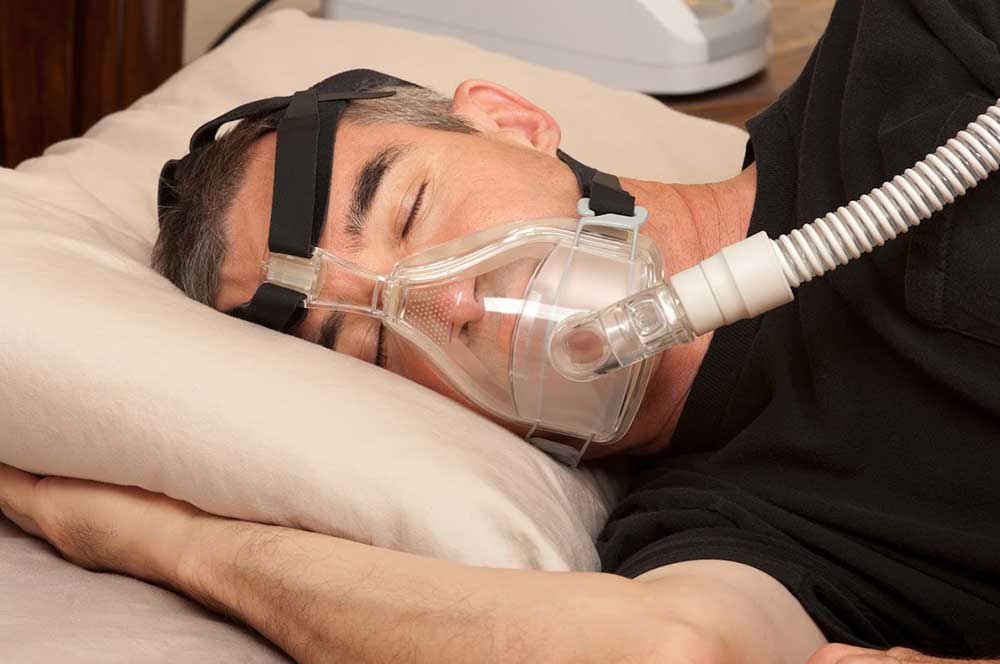If you have difficulty staying asleep or you constantly snore and gasp for air at night, sleep apnea is most likely the root of these problems. Sleep apnea is a serious sleep disorder that occurs due to breathing interruption during sleep. If you don’t seek treatment, sleep apnea can have serious consequences for your health. Read on to learn more about sleep apnea and how this disorder can affect your health.
What Causes Sleep Apnea?
There are two major sleep apnea types. Obstructive sleep apnea is prevalent when the throat muscles relax and block the airway. On the other hand, central sleep apnea occurs due to the failure of the brain to send signals to the muscles responsible for controlling breathing.
A range of factors increases the risk of sleep apnea, which include:
- Age
- Obesity
- Family history
- Use of alcohol or sedatives
- Smoking
How Does Sleep Apnea Affect Health?
If you don’t treat sleep apnea, the disorder can have serious consequences for your health.
High Blood Pressure
When breathing is interrupted during sleep, the body’s oxygen levels drop. The brain responds by releasing hormones that cause the heart to beat faster and the blood vessels to constrict. This issue can lead to high blood pressure, which puts you at risk for heart attack, stroke, and other serious cardiovascular problems.
Sleep apnea not only raises your blood pressure but also puts strain on your heart. This issue can lead to an irregular heartbeat or arrhythmia. Sleep apnea is also associated to a high risk of heart failure and other cardiac problems.
Diabetes
People with sleep apnea are at a high risk of developing insulin resistance, and those with diabetes are at a higher risk of developing sleep apnea. The reason is that both conditions are associated with obesity, and obesity is a significant risk factor for sleep apnea.
Mental Health Problems
Sleep apnea can cause or worsen mental health problems, such as anxiety and depression. Additionally, this sleep disorder can lead to memory problems and difficulty concentrating. The lack of quality sleep can also make it difficult to cope with stress.
Metabolism Issues
Sleep apnea can disrupt metabolism, primarily due to insufficient sleep. This problem can lead to weight gain and an increased risk for obesity. Excess weight also puts you at risk of other health complications. So seek treatment before the problem escalates.
Liver Problems
Sleep apnea is associated with an increased risk of fatty liver disease and other liver problems. Fatty liver disease occurs when fat builds up in the liver, leading to scarring and inflammation. Sleep apnea can also cause high blood pressure, damaging the arteries and leading to liver disease.
Sleep Apnea Diagnosis and Treatment
If you think you may have sleep apnea, see a doctor. This sleep disorder is diagnosed with a physical exam and a review of your medical history. Your doctor may also order a sleep study to confirm the diagnosis.
Sleep apnea can be treated with lifestyle changes, such as losing weight, quitting smoking, and sleeping on your side. Sometimes, you may also need to use a breathing device during sleep. Surgery is another option for treating sleep apnea, but it’s typically only recommended for people with severe cases that haven’t responded to other treatment methods.
Sleep apnea is manageable with proper treatment, and you can regain your health and quality of life. GNO Snoring & Sinus is your sleep apnea diagnosis and treatment center. We offer comprehensive care, from initial evaluation to long-term management. Our team of experts will work with you to create a personalized treatment plan that meets your unique needs. Contact us to schedule an appointment.

